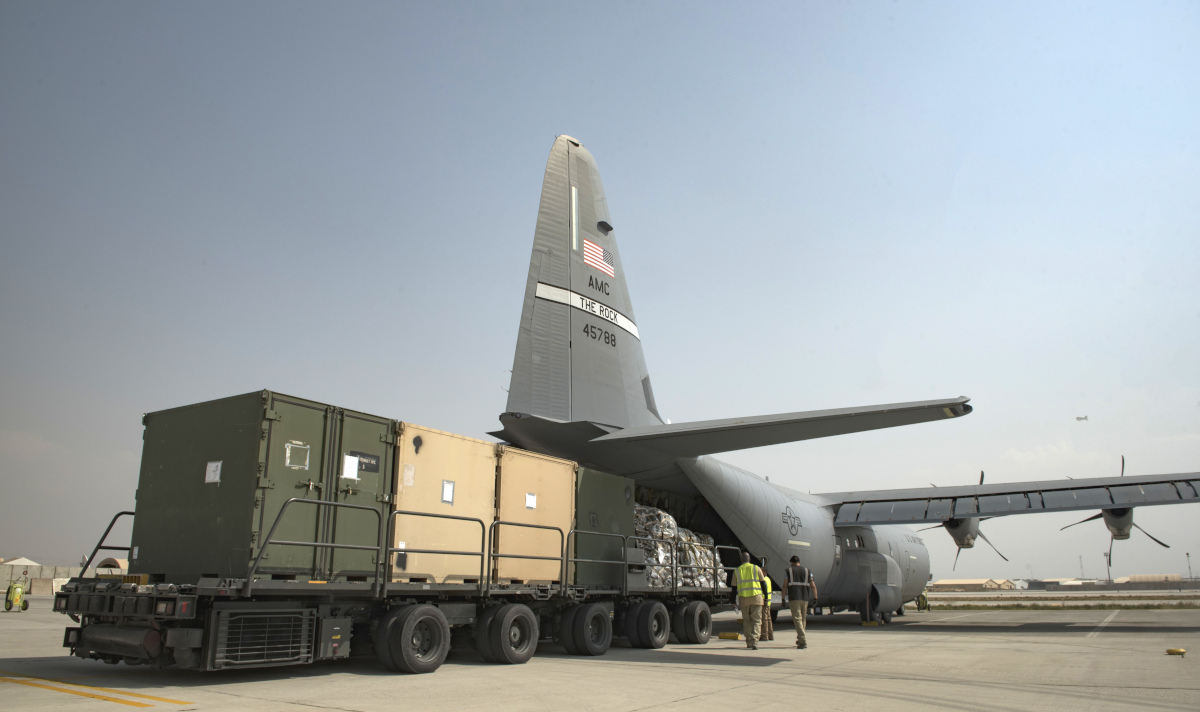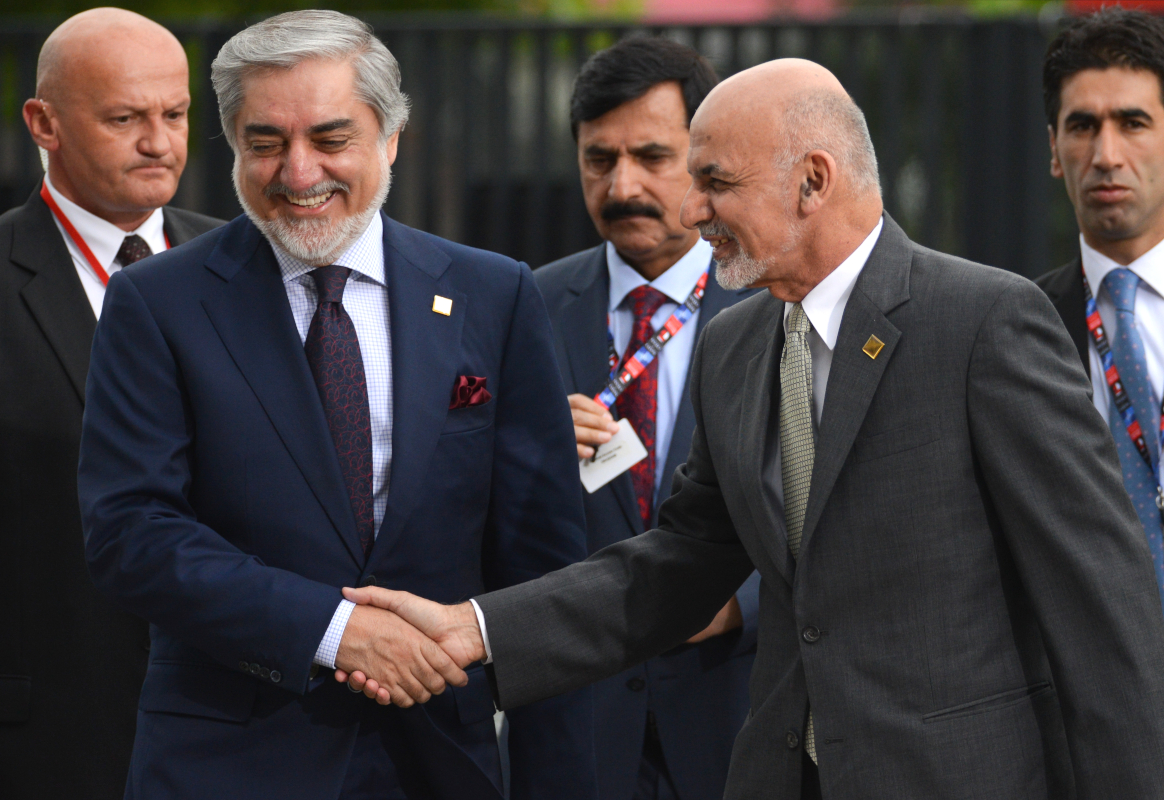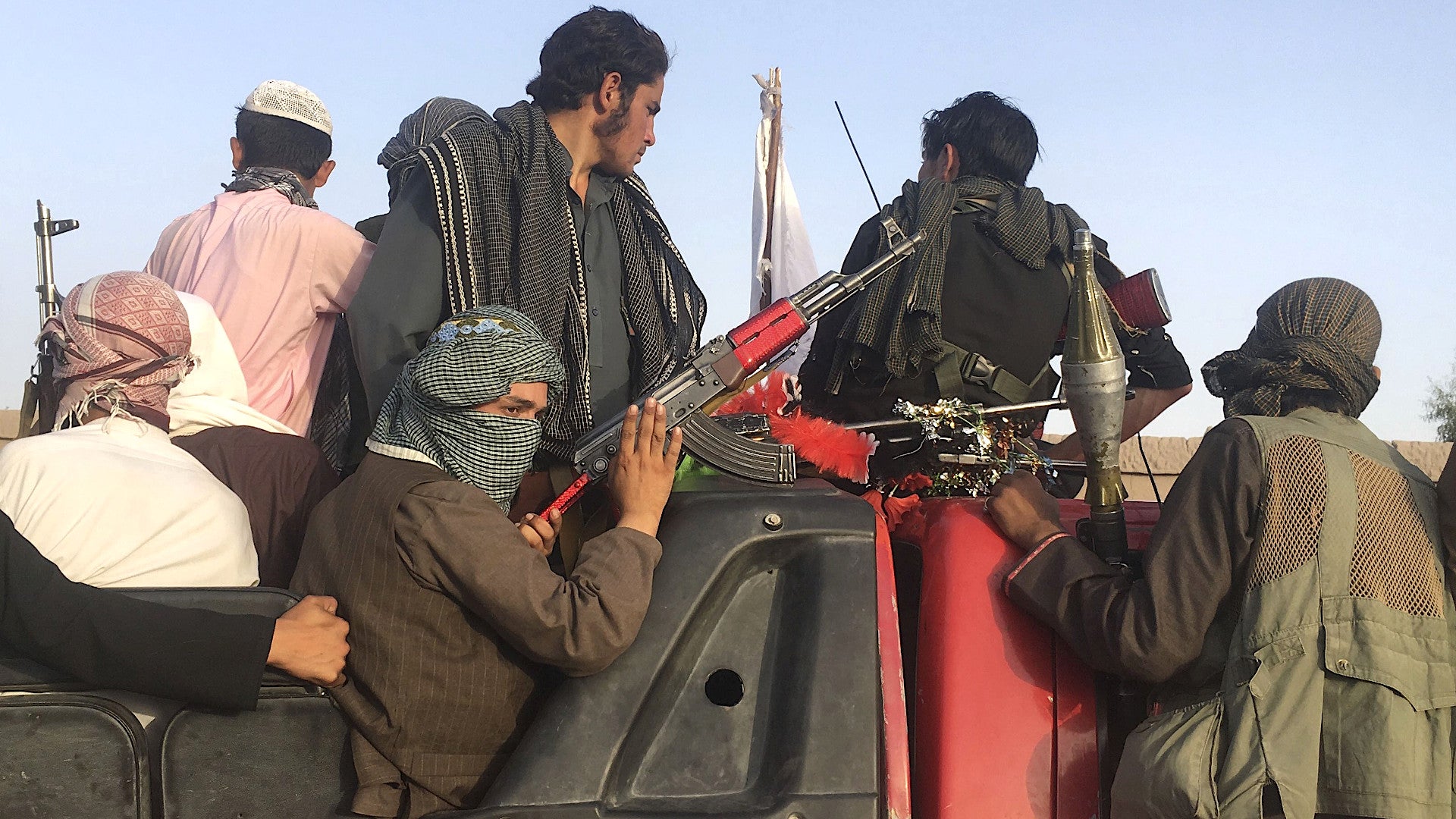The U.S. military says it has provided some form of limited support to the Taliban in fighting ISIS elements in Afghanistan. This revelation comes as American troops are beginning to withdraw from the country as part of a still very fragile deal that the U.S. government signed with the terrorist group last month.
U.S. Marine Corps General Frank McKenzie, the current head of U.S. Central Command, informed members of Congress of the limited cooperation with the Taliban during a hearing on Mar. 10, 2020. His testimony comes less than two weeks after the signing ceremony for the U.S.-Taliban Agreement took place in Qatar. The United States first began operations in Afghanistan in the aftermath of the Sept. 11, 2001, terrorist attacks and succeeded in toppling the then-Taliban run government before the end of that year.
McKenzie told lawmakers that the Taliban had been “very effective” in their efforts to “compress and crush” ISIS’ franchise in Afghanistan, also known as ISIS-Khorasan Province or ISIS-K, in the southern portion of the country’s Nangarhar province. The terrorist group has been doing this with “very limited support from us, and I would characterize that as very limited support,” the General said.
McKenzie did not elaborate on exactly what this support entailed and it is not clear if there has been any direct U.S. military coordination with the Taliban on any level regarding the campaign against ISIS-K. The United States could simply be focusing its own efforts, including air and artillery strikes and raids on the ground, against that group in such a way that aligns with what is known about the Taliban’s own activities.
The U.S. military has been actively engaged against ISIS-K since it first emerged in 2015. The United States notably dropped a GBU-43/B Massive Ordnance Air Blast bomb, also nicknamed the “Mother of All Bombs,” for the first time ever anywhere on one of the group’s tunnel complexes in Nangarhar in 2017.

ISIS-K continues to maintain a significant presence in this province, which is situated along the border with Pakistan and the bulk of which lies within 100 miles of Afghanistan’s capital Kabul, despite both American and Taliban offensives against it. Just last week, the group killed 32 people and wounded dozens more in an attack on a gathering in Kabul that included numerous senior government officials, including Afghanistan’s chief executive Abdullah Abdullah.
Regardless of the actual level of American support and despite a shared general opposition to ISIS-K, the idea that the U.S. government sees itself cooperating in any way with the Taliban militarily is still a stunning development after nearly two decades of fighting. As recently as January, the United States was still carrying out targeted killings of Taliban leaders, including one instance involving the use of a specialized Hellfire variant sword-like blades instead of high explosives.
That there is any coordination what so ever between the United States and the Taliban is even more interesting given how uncertain the future of the recent deal aimed at ending the conflict between the two parties remains. McKenzie’s comments on Capitol Hill come just a day after the U.S. military confirmed it had begun troop withdrawals under that agreement, which U.S. and Taliban representatives signed in Qatar on Feb. 29. There are now reports that American forces have left or are in the process of leaving facilities in the Lashkar Gah, the capital of Afghanistan’s southern Helmand Province, and in the northwestern city of Herat.
The deal stipulated that American troops would begin with pull out of the country within 10 days of that signing ceremony. The deal followed a week-long “reduction in violence” period wherein the Taliban scaled back operations in a show of good faith.

Under the present plan, the United States expects to draw down the total size of its force in Afghanistan from 13,000 personnel to 8,600 personnel. The U.S. military could withdraw the vast majority of its forces within 14 months if the Taliban meet certain security and other conditions. McKenzie also told lawmakers that he had not yet developed any plans for a complete or near-complete withdrawal.
However, President Donald Trump’s Administration had said that it would begin those withdrawals even if the Taliban did not immediately show signs it was living up to its end of the bargain. There also are reports that the U.S. Intelligence Community has evidence that the group does not plan to abide by the terms of the agreement.
The Taliban also notably decided not to extend the reduction in violence period and have continued launching attacks. McKenzie downplayed this to legislators saying the incidents had been “relatively low in scale” and that “they are not directed against coalition forces,” but rather against the Afganistan government’s security forces.
Beyond that, Afghanistan’s own internationally recognized government, which was not involved in the negotiations that led up to the U.S.-Taliban agreement, had balked at conditions it is now supposed to fulfill as part of a push toward a final peace deal for the country. Demands for the release of thousands of members of the terrorist group that are presently charactered in the country has been a particularly major sticking point, though President Ashraf Ghani appears to be softening on the issue.
It’s also important to note that Ghani was only officially declared the winner of Afghanistan’s most recent presidential election last month, five months after voters had gone to the polls. That election was mired in controversy and allegations of fraud. Ghani formally took the oath of office on Mar. 9, but his opponent, Abdullah Abdullah, did the same, establishing a parallel government and creating a massive political crisis.

There is also the distinct possibility of increased domestic opposition to the deal with the Taliban following McKenzie’s remarks. Republicans, as well as Democrats, have criticized the Trump Administration over its dealings with the terrorist group already.
No matter what, Afghanistan’s political landscape is very much in flux at the moment, which may only further increase the incentives for the U.S. military and the Taliban to continue their newfound partnership of convenience, even at a limited level, in the fight against ISIS-K.
Contact the author: joe@thedrive.com
